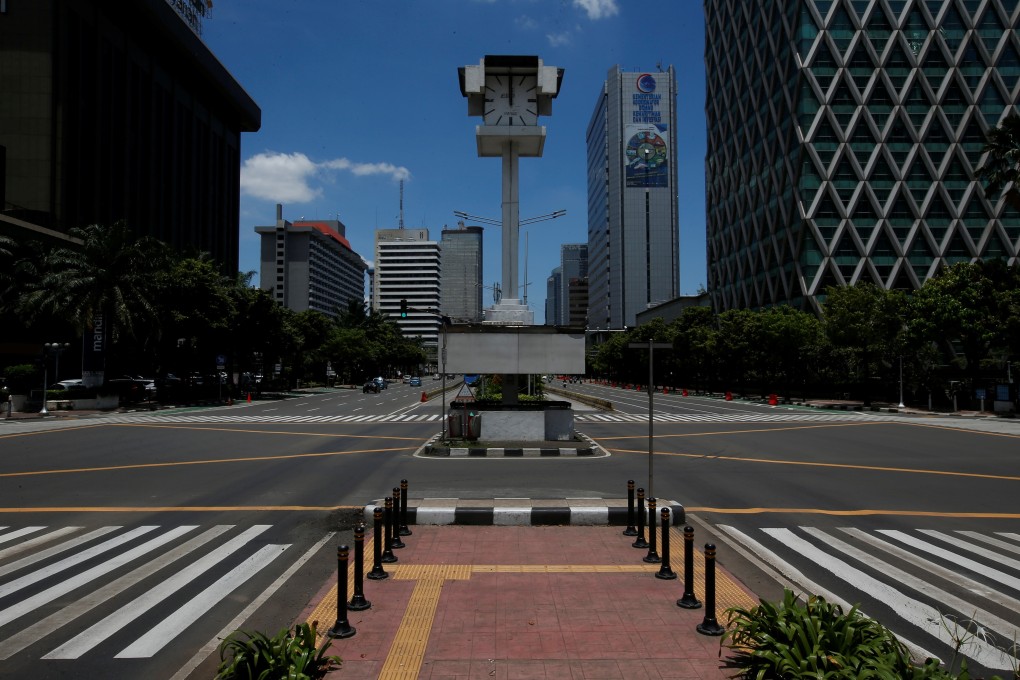Advertisement
Coronavirus: Indonesia’s cases surge by 149 amid confusion over transport restrictions
- The governor of Central Java has urged residents to stay in Jakarta in a bid to curb the spread of Covid-19
- The country now has 1,677 confirmed cases and 157 deaths, the latter figure the highest in Southeast Asia
Reading Time:3 minutes
Why you can trust SCMP

Central Java, home to 35 million people, has become the latest Indonesian province to urge people to stop returning from Jakarta after seeing more than 218,000 arrivals since March 22.
Governor Ganjar Pranowo said that a combination of job losses in Jakarta – the epicentre of the archipelagic nation’s coronavirus outbreak – and the expected imposition of travel restrictions had triggered the exodus.
“Most of the people who returned are migrant workers who cannot [find] work. The middle class has not returned. They are working from home in Jakarta,” he said, adding that the large population of overseas migrant workers who call Central Java home have not returned.
Advertisement
Indonesia on Wednesday confirmed 149 new coronavirus infections, raising its total to 1,677, with more than half the infections reported in and around Jakarta. There were 21 more deaths from the virus – taking the country’s total, already the highest in Southeast Asia, to 157 – while 103 people have recovered.
Central Java has reported 92 cases and seven deaths, while eight people have recovered. Another 9,434 are under surveillance.
Advertisement
Advertisement
Select Voice
Select Speed
1.00x